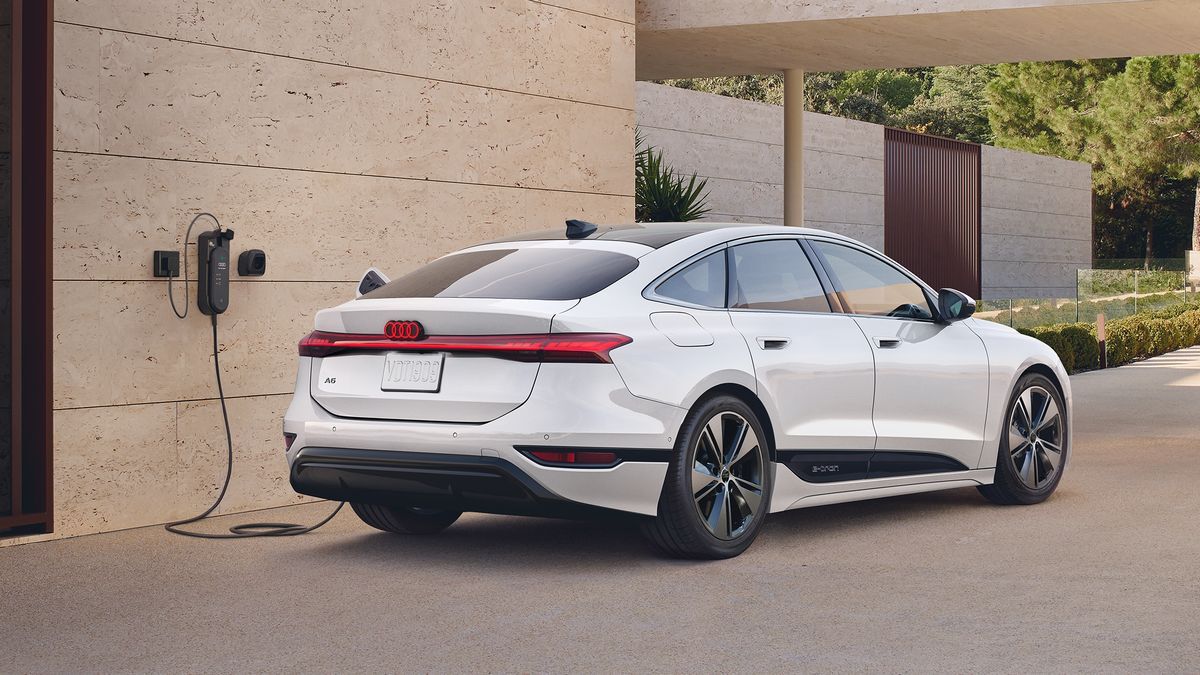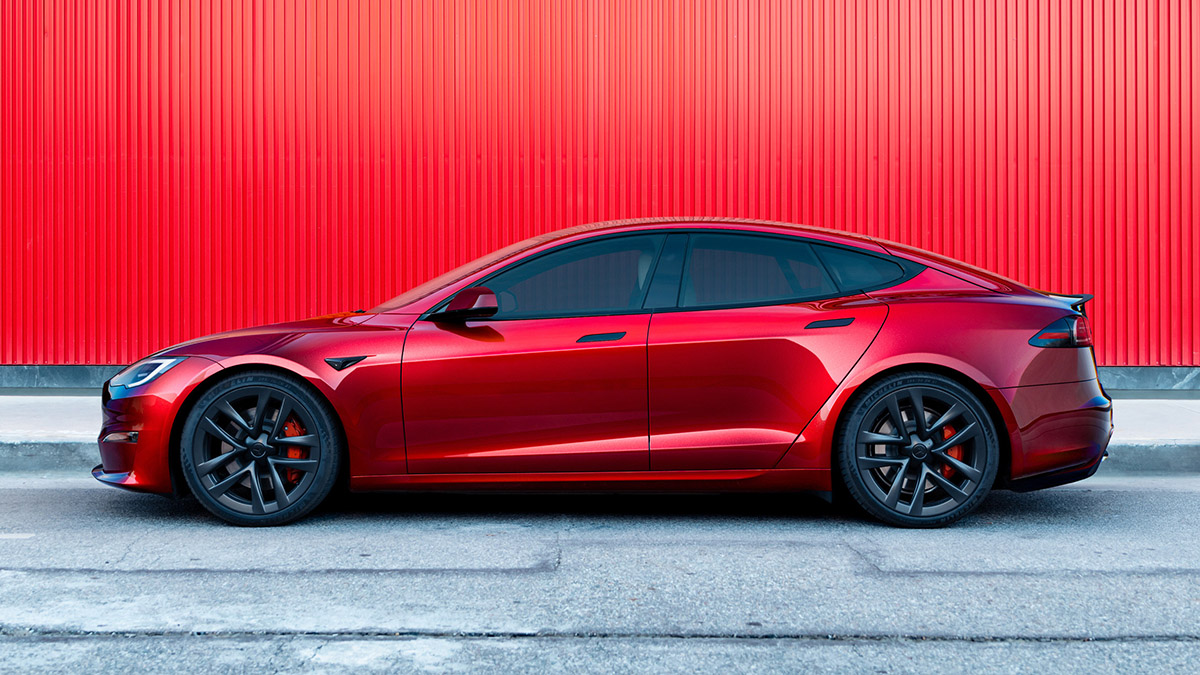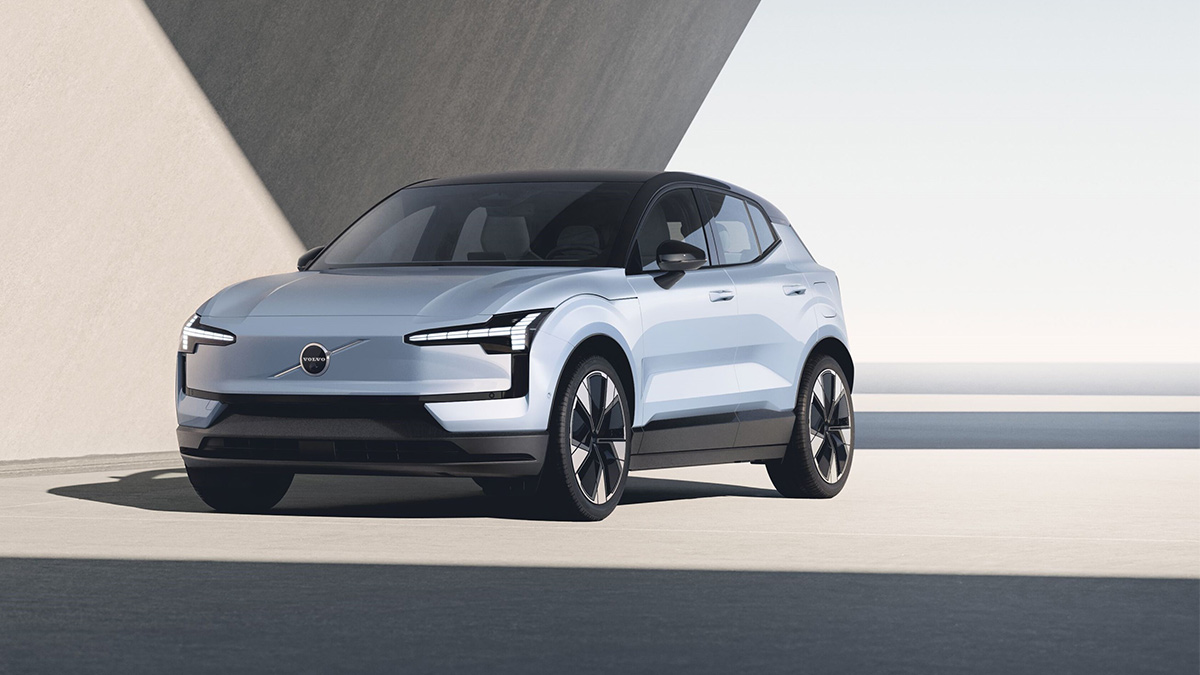- A New York Times analysis finds that driving an EV you recharge at home is almost always cheaper than driving a gas-powered car
- Recharging in public, however, changes the math and makes EVs more expensive in some states
New analysis from the New York Times finds that driving an electric vehicle (EV) instead of a gas-powered car would save the average driver $8 every 100 miles. But that’s true only if you install a charger at home.
If you buy an EV and rely on public fast charging stations, driving that same 100 miles on electricity could cost you more than you’d spend on gasoline in a gas-powered car that averages 25 mpg or better.
Math Can Differ Dramatically from State to State
- Gas prices and electricity prices vary between states
- In all but two states, using public EV chargers is more expensive than filling a gas tank
Nationwide, the Times found, EV drivers spend an average of $5.26 to fuel 100 miles of travel if they charge at home. That easily beats the expense of gasoline — $12.80 for that same 100 miles. Even fuel-efficient hybrids cost more than EVs, at $6.15 per mile.
But using public chargers pushes the cost to an average of $15.62 — more expensive than operating a gas-powered car.
Related: EV Charging Stations – Everything You Need to Know
The math varies widely from state to state. Gasoline prices vary depending upon the state, partly due to state taxes and partly because of the cost of transporting the stuff longer distances from where it’s refined.
In every state, home charging is less expensive than gasoline.
Washington residents benefit most from switching. They can save $13.53 every 100 miles because. Connecticut residents see the lowest savings, $2.98 per 100 miles driven.
Using public charging infrastructure is cheaper than gasoline in just two states, Washington and Oregon. If you have no access to home charging, going electric is most expensive in Arkansas. Residents there will spend $8.36 more per 100 miles to recharge in public than they would with a gas-powered car. The Times’ math, however, won’t stay fixed forever. Electricity rates have begun to climb in recent months, partly in response to massive energy demand from growing Artificial Intelligence projects.








